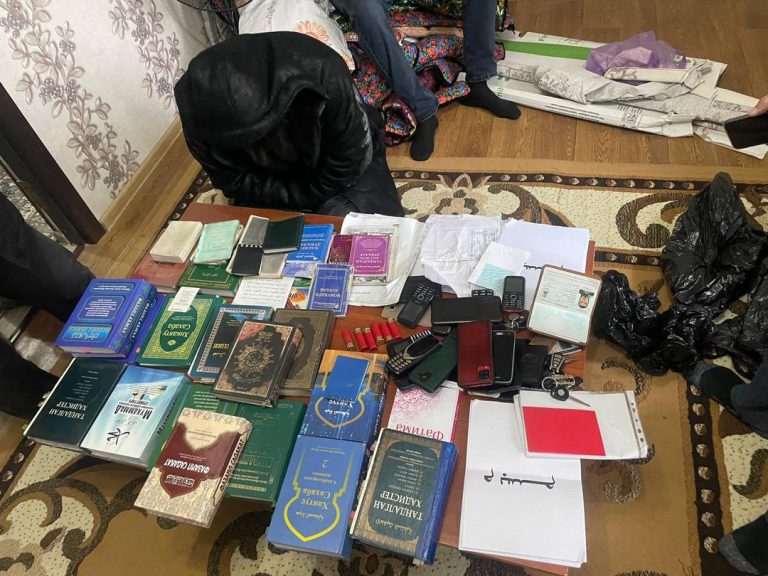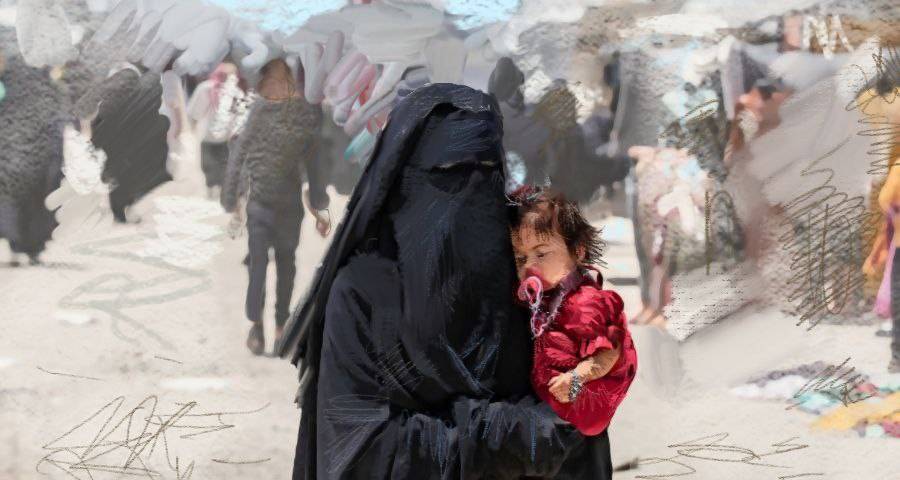DUSHANBE (TCA) — Tajikistan has set up a commission to promote clothing the government deems appropriate for citizens of the Central Asian country, an initiative it says is aimed at combating “alien” culture, RFE/RL reported.
The commission will help design clothes for men and women “taking into consideration Tajik traditions” and “modern” life, Tajik Culture Minister Shamsuddin Omurbekzoda told reporters on July 21.
Omurbekzoda’s comments suggest the initiative is part of a number of moves by longtime President Emomali Rahmon’s secular government to discourage Islamic practices it fears could promote extremism in the mostly Muslim country.
The culture minister said that the Islamic hijab is not compatible with Tajikistan’s “hot climate” for hygiene reasons, and that women wearing the hijab could spark “fear and doubt” in public places.
“Some people standing next to them might wonder, ‘What if she is hiding something under her hijab,” Omurbekzoda said.
He said it is recommended that Tajik men wear “European clothes,” adding that he can’t imagine “us wearing Arab clothes.”
In the efforts to combat Islamic extremism, state authorities have banned the hijab in government offices and schools, and boys under 18 are barred from praying in mosques.
Tajiks say police have sometimes rounded up men with bushy beards on the streets and in markets and forced them to shave.
Tajik authorities say hundreds of Tajik citizens are fighting with Islamic State militants in Syria, and they can return with extremist ideas back to Tajikistan.









